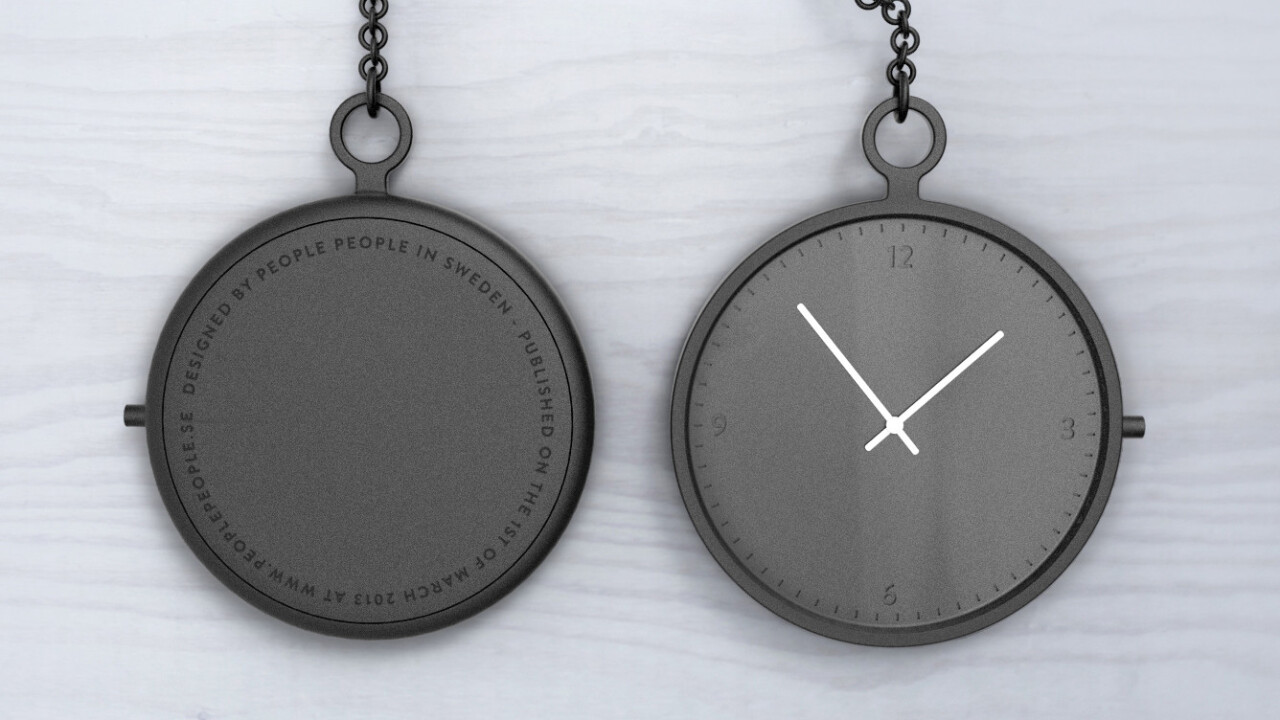
Gadi Shamia is the co-founder and CEO of Magneto, a smart system that fixes your calendar.
In my first startup, TopManage (now SAP Business One) I spent the first couple of years as the chief salesperson. It is something that many founders experience (selling to customers or pitching to investors) and it meant four to five out-of-office meetings a day.
Each meeting could lead to thousands of dollars in immediate revenue that was crucial to us back then. My day was a constant balance between cramming as many meetings into a day and not being late to any of them. Why? Because, in my experience, being late to a meeting means you are probably 20 percent less likely to close the deal.
While there is little research on this area (no sales person will admit tardiness), this was certainly true when I ran the SMB sales team at SAP and in multiple startups. I’ve spoken about this with heads of sales across the industry and heard many times that being five minutes early to a sales call is actually being late.
Why is being on time so important?
For me it boils down to one thing: owning the meeting. Good sales people own the meeting and lead it. They set the agenda, decide when small talk is appropriate, when it is time for the slides, the demo, and finally, the ask. A good sales meeting is one where everything goes as you planned for it.
If you were ever late to an important meeting, you know that what I described here can’t happen if you are arriving 10 minutes late. Small talk is replaced with apologies and you’re only half listening as you try to pull your laptop from the bag and set everything up.
Worst of all, you lose points in your customer’s mind before the meeting even starts.
Compare that to arriving 10 minutes early, stopping by the restroom, getting a drink and chatting with the receptionist for few minutes, then getting some background info about the mood in the office or anything else that can help you in the meeting.
Why is being on time so hard?
We are horrible at predicting the future and we tend to be optimistic in our estimates. This is a normal human tendency (and the reason why “it ended up taking twice the time and double the money” is probably something you’ve heard many times).
We also tend to underestimate things – like the time it takes to get to the car, finding parking and traffic. Even when presented with driving time data, we often fall into the illusory superiority trap, thinking that we can make it on time since we are better and faster drivers. (The best example for illusory superiority is the fact that 93 percent of the drivers rank themselves as above average. I wonder how bad the seven percent that think they are below average…)
We like to round. Our brain is efficient because it is lazy. Thinking that you need to leave 37 minutes before a meeting is hard, so our brain rounds it to 30 minutes (see optimism) so even if traffic is perfect, we will still be late.
Lastly, it is tedious to calculate all this in your head and repeat it for every meeting. Most of us just don’t like tedious tasks.
Be honest with your time
We’ve spent tons of time thinking about this problem at Magneto. We used our collective experience and interviewed dozens of salespeople, early stage startup CEOs and business development executives, and we are convinced that if you want to be on time, you have to plan to be on time and do it every time.
How can you do it?
- It has to be on your calendar. It is not enough to know that a meeting in San Jose starts at 1:00PM. You should also know that you need to leave at 11:48 AM to make it on time.
- Block time on your calendar for travel, so you or others don’t chip into your travel time and makes it hard for you to leave when you planned to.
- Use services like Google Now (will let you know when to leave) or specialized calendar apps to plan ahead
Being on time takes getting used to, but once you are, you will never go back. It can be difference between making your quota or losing another deal.
Don’t miss: How to use negative psychology to your business advantage
Get the TNW newsletter
Get the most important tech news in your inbox each week.





